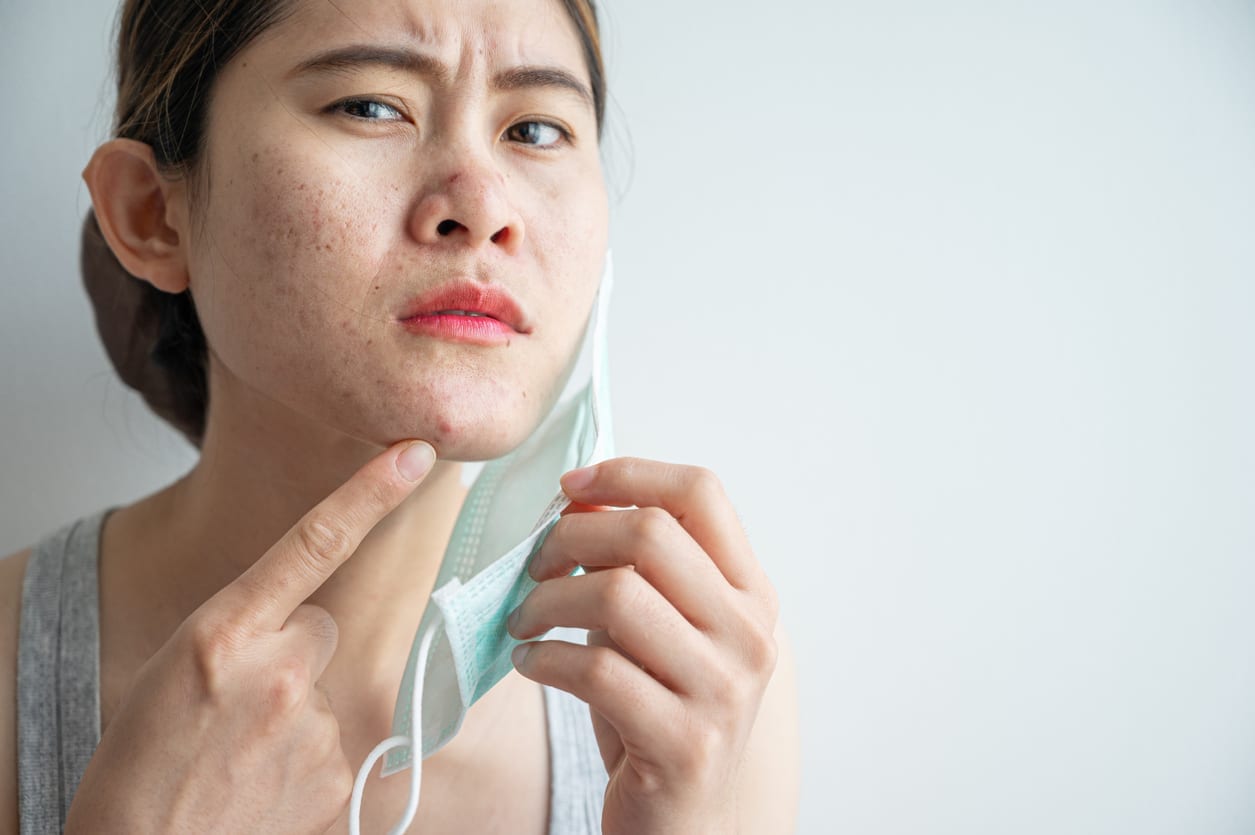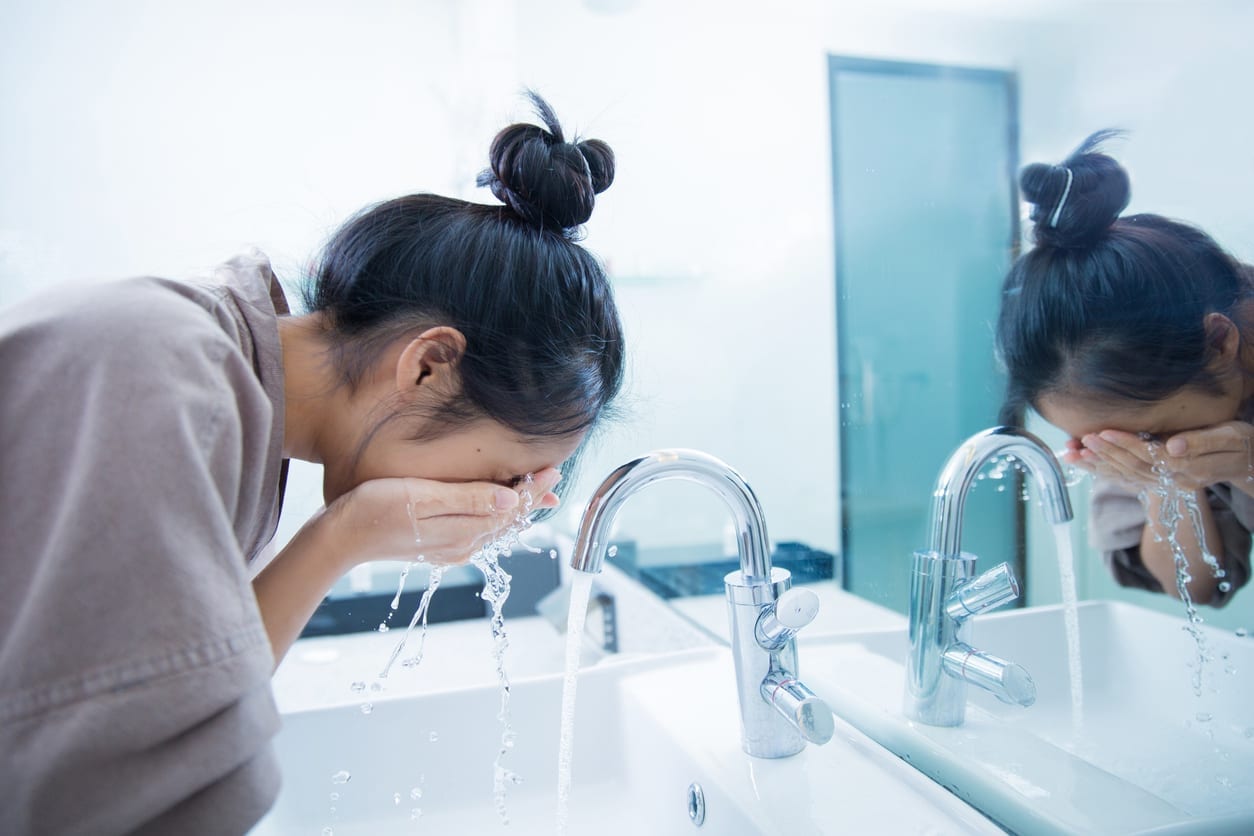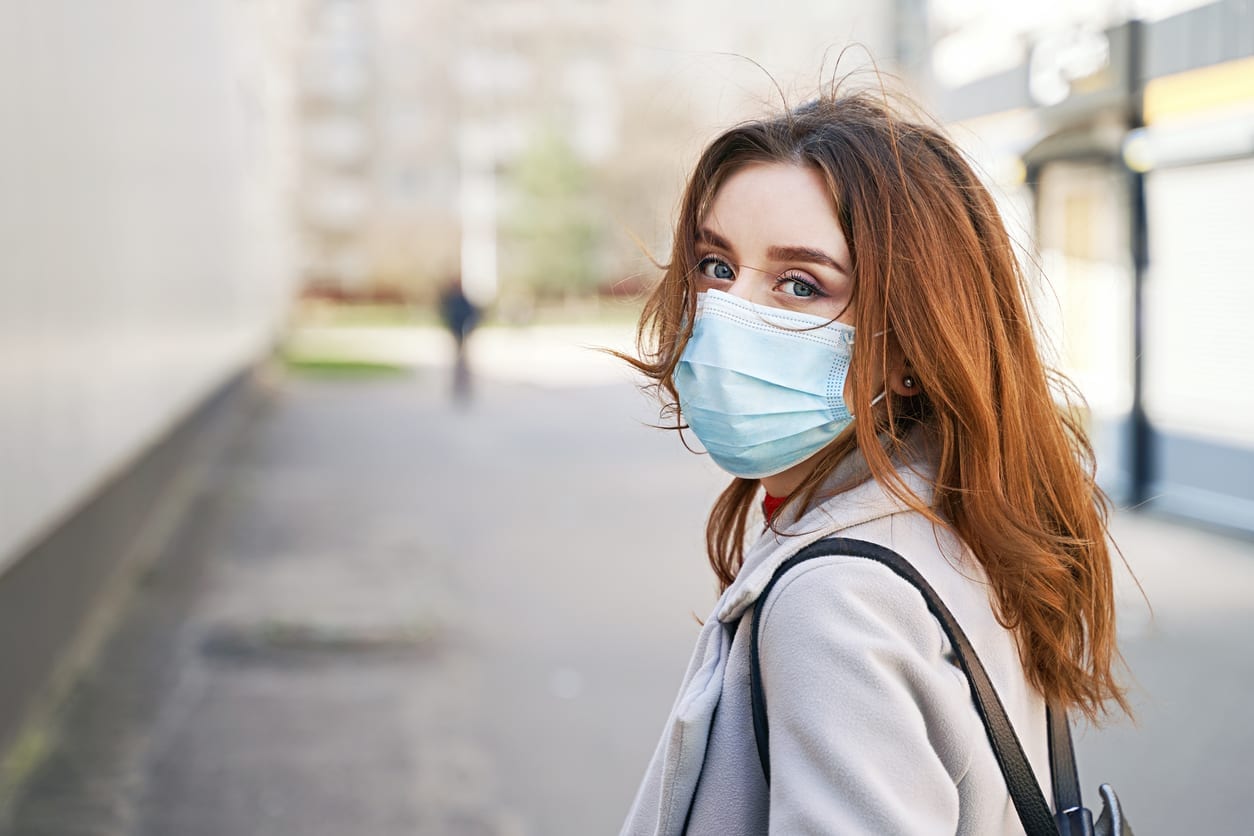Our Clinic in Guernsey
Albert House
South Esplanade
St. Peter Port
Guernsey
GY1 1AW
Tel: 01481 736699
Fax: 01481 736688
View on Map
If you require further information about any of our treatments, our medical team, or availability of appointments, please do not hesitate to contact us by telephone, email or simply by filling out the contact form.
Albert House
South Esplanade
St. Peter Port
Guernsey
GY1 1AW
Tel: 01481 736699
Fax: 01481 736688
View on Map
Operating across the Channel Islands and in the UK, the Aesthetic Skin Clinic (ASC) is a trusted, leading name within the medical aesthetic industry. Our cosmetic clinics are located in Jersey and Guernsey, as well as Belfast, Northern Ireland.
Albert House
South Esplanade
St. Peter Port
Guernsey
GY1 1AW
Tel: 01481 736699
Fax: 01481 736688
View on Map
Find out more
Wearing a mask can be hard on your skin, with many people even developing ‘maskne’ – the appearance of acne-like spots due to the consistent wearing of facial coverings.
With masks currently compulsory in places like shops and public transport, going without is not an option. So, in this article, we’re looking into how you can combat maskne while still being compliant with face covering guidelines.

Masks can trap a lot of air inside as we breathe throughout the day. This leads to a humid environment, perfect for bacteria growth, which then leads to acne and other skin issues and flare-ups. We already have things like bacteria and dead skin cells living on our skin and wearing a mask can create build-up and clog your pores too.
Another reason for maskne is that the face coverings can cause irritation due to constant friction. If the material is already rubbing your skin in the same places, it can lead to rashes and other problems. It may very well be that your skin is simply sensitive to certain detergents and your cloth mask is creating irritation.
Plus, masks are made from certain materials and are treated in specific ways, so you could be sensitive to those substances as well.
There are many reasons why maskne occurs and there are also several ways to combat it. Take a look at what you can do to prevent and get rid of this issue, which many find embarrassing and frustrating.
Washing your face removes dirt, sweat and bacteria build-up from you skin. While you may want to wash your skin more times to make sure you don’t develop maskne, you could be doing more harm than good, as you could be drying your skin and stripping it of essential oils.
Stick to your typical routine and then wash your face before and after wearing a mask.

Dry skin can lead to a host of skin issues, including mask-related ones. So, it’s essential that you keep your skin hydrated and healthy. Choose a lighter moisturiser that won’t block your pores and won’t cause breakouts. Drink plenty of water to stay hydrated as well.
It’s important that you avoid using the same mask several times in a row without changing it or washing it if it’s a reusable one. Masks are the perfect breeding ground for bacteria and dirt, which will cause skin problems if you keep using it. If you have a cloth mask or any other type of reusable face coverings, wash them after you’ve worn it once.
This also helps to keep you safe, as your mask can pick up a lot of substances throughout the day. Disposable masks should be replaced often too.
Taking your mask off every now and then can help your skin breathe (and give it a break from all the condensation forming inside), so this is something to keep in mind as you go about your day. Of course, first make sure it’s safe to do so and always comply with social distancing guidelines!
You’ll want to choose the right mask as well, which can help you prevent irritation caused by friction. For example, try not to wear a mask that’s too tight or that it’s made from materials that can irritate your skin, like nylon.
If you have maskne and want to get rid of it, you must take a break from your foundation, concealer and blush, as they can clog your pores and make your problem worse. You don’t have to completely avoid makeup if you don’t have maskne but, if you want to prevent this issue from happening, you should still avoid heavy makeup in order to prevent pore clogging.
Your diet matters too, so go easy on dairy because this can lead to the development of acne in general; and avoiding it can minimise the occurrence of maskne as well. This is because milk proteins, like whey, stimulate growth and hormones, which can cause skin breakouts. Refined sugar is another substance you should avoid or ingest in moderation, since it can worsen acne.
A few skin treatments can be effective in the fight against acne, such as Obagi skincare and even HydraFacial. However, some people have mild breakouts while others have severe flare-ups, so it’s important to talk to a professional who’ll be able to advise you on the best treatment for you. This is especially important because skin types vary and what works for some may not work for others.

While maskne is a frustrating and annoying issue, it’s still crucial that people wear masks to stop the spread of the coronavirus. After all, maskne is easy to treat and prevent but the same can’t be said of COVID-19.
Speak to us if you’re interested in any of our treatments, we can book you in at our cosmetic skin clinics in Belfast, Guernsey and Jersey once we re-open after lockdown.




